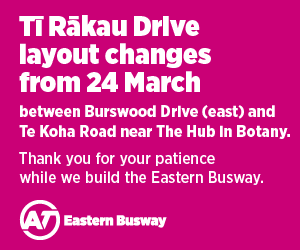There are many lessons that should have been learned from the pandemic, foremost being the rapid growth industry of working from home and the service industry that supports that.
The environmental benefits such as reduction of greenhouse gases from the necessity of travelling to and from workplaces, readiness for future pandemics should they occur, facing a shortage of oil crisis which we are on the brink of, and so on.
Government and city planners should bear that in mind when planning for future cities. Also, the convenience of and soon-to-be vast numbers of cheap number of used EVs (electric vehicles) coming on the market able to deliver commuters to their workplace more efficiently (and far cheaper than public transport), should have town planners rethink whether the vast amount of ratepayer earnings on unaffordable road and rail which is destined to lose billions (as they are doing currently), is warranted.
And even when light rail and buses are in place as is happening in Europe, commuter numbers are falling off and will continue to do so with each new Covid (variant) which makes commuters increasingly nervous of sharing confined breathing space with many others which EVs avoid.
They are also able to deliver the commuter directly to their place of employment which – in the very near future – public transport, particularly light rail, simply won’t be able to compete with. It will be made worse in Auckland simply because suburban stations simply don’t provide enough carparks which can only further reduce the numbers of commuters willing to use them.
Currently, because of the pandemic, Auckland’s public rail transport and buses are losing $12 million a month in revenue from insufficient commuter fares to cover the costs.
Gary Hollis
Mellons Bay








